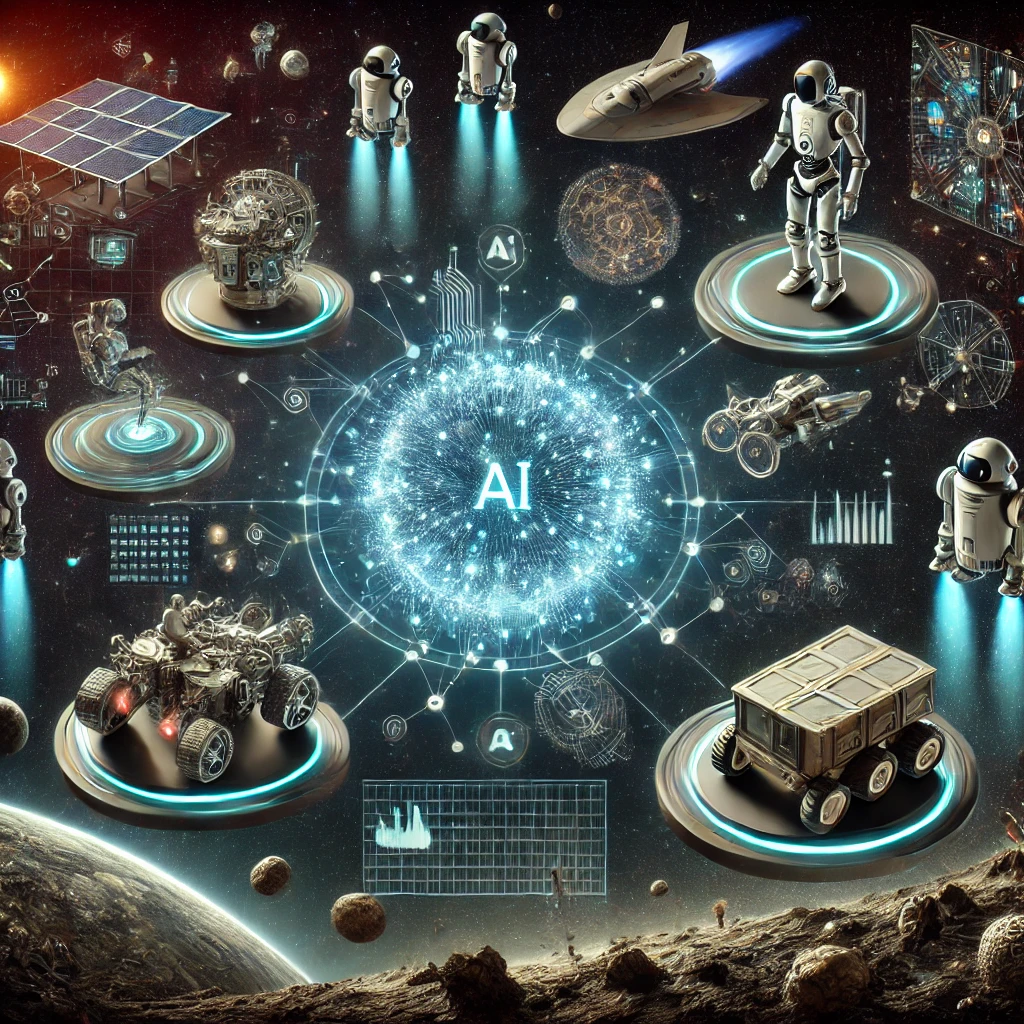Introduction
Space exploration is no longer confined to NASA and government agencies. In 2025, private companies like SpaceX, Blue Origin, and Rocket Lab are accelerating efforts to establish human presence beyond Earth. With AI and automation playing a pivotal role, the dream of interplanetary travel is closer than ever.
Recent Breakthroughs in Space Technology
1. Lunar Colonization: The Next Frontier
- NASA’s Artemis Program is set to establish a permanent Moon base by the 2030s.
- Private companies are exploring 3D-printed lunar habitats made from regolith (moon dust).
- Lunar water ice is being investigated as a potential source of fuel and drinking water.
2. AI-Powered Space Exploration
- AI-driven rovers and drones are conducting missions on Mars without human intervention.
- Autonomous satellites are improving space communication and deep-space research.
- AI is optimizing rocket launches, reducing costs and increasing efficiency.
3. Commercial Space Travel
- Space tourism is becoming more accessible, with companies like Virgin Galactic offering suborbital flights.
- Private moon missions for research and exploration are becoming a reality.
Challenges in Space Exploration
- Radiation Exposure: Protecting astronauts from cosmic radiation remains a major hurdle.
- Space Debris: With an increasing number of satellites, space junk poses serious risks.
- AI Reliability in Space: Can AI make independent decisions in unpredictable space conditions?
The Future of Space Technology
With ongoing advancements in AI, robotics, and sustainable space tech, we are on the verge of a new space age. In the next two decades, we could witness:
- The first humans on Mars.
- Space-based solar power stations transmitting energy to Earth.
- Deep-space AI missions exploring the farthest reaches of the universe.
Conclusion
The future of space exploration is brighter than ever, driven by AI and private innovation. The question is not if we will become a multi-planetary species, but when.


